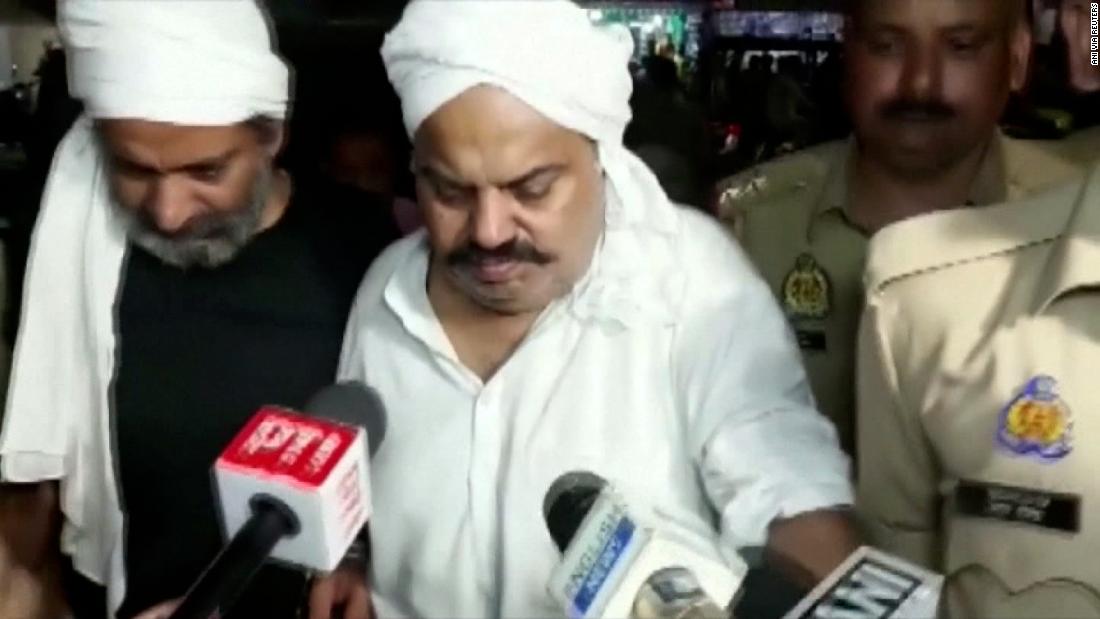RUSSIAN cyber criminals who use hacking to spark chaos in the West, allegedly under Putin’s orders, are zoning in on the UK.
Kremlin-backed gangs including KillNet, Clop and Fancy Bears have focused their attacks on personal data, the NHS and even the Royal Family.
AFPPutin’s connection to various cyber gangs is difficult to gauge, but he certainly encourages them with anti-West propaganda[/caption]
Attacks are recently focusing more on the UK, with one just days ago hitting the Royal FamilyGetty
Last year another targeted NHS ventilators that provide life-saving treatments
And allies of Ukraine, including Britain, America, Australia, Canada and New Zealand have warned against Putin using the cyber army to attack crucial systems.
While the despot’s connection to various cyber gangs is difficult to gauge, he certainly encourages them with anti-West propaganda and the apparent support of Russian-led hacks.
Keeping a degree of separation between Putin and his unofficial army of hackers is a clever tool for wreaking havoc in the West while claiming deniability.
Pro-Putin hacker group KillNet are notorious for attacks on the websites of countries that support Ukraine.
They target their attacks on the West, causing chaos and outages that sometimes last days.
And recently, their focus has been tuned on Britain.
A Distributed Denial of Service attack (DDoS) — their weapon of choice — works by slowing or stopping vulnerable systems.
Just this week they claimed responsibility for an attack that brought down the royal.uk website for 90 minutes this morning forcing Palace chiefs to scramble their cyber security experts.
Soon after the site crashed, KillNet bragged on messenger app Telegram that it was responsible.
And KillNet’s leader – KillMilk – boasted of his involvement on his personal blog 20 minutes after the site went down.
Royals have been hugely supportive of Ukraine ever since Vladimir Putin’s forces invaded in February last year.
Two weeks ago, King Charles received a standing ovation in Paris when he blasted Russia’s “unprovoked aggression” and said “Ukraine must prevail”.
Prince William travelled to Ukraine’s border with Poland this year to thank troops, while Prince Edward has visited Nato fighters on the border in Estonia.
And Kate wore a dress in the blue and yellow of Ukraine’s flag at Eurovision, as she carried flowers in the colours.
They even threatened to shut down British hospital ventilators last year after an alleged member of their cyber crime gang was arrested in the UK.
The cyber gang leaders vowed to target life-saving NHS ventilators if the Putin cheerleader was not released within 48 hours.
A DDoS involves sending thousands of connection requests to the target server or website every minute, slowing or stopping vulnerable systems.
Analysts at the time feared any life-threatening cyber attacks by Russian tech terrorists could help trigger World War Three.
There were even fears they would sabotage the 2022 Eurovision Song Contest to stop red-hot favourites Ukraine from grabbing the glory.
Only a few months ago Clop, named after the Russian word for a blood-sucking bedbug, hacked into several major British company systems.
They stole personal data from over a hundred thousand Brits through British Airways, Boots and the BBC and sought $100million in exchange for the information.
National insurance information and bank account details were taken, putting countless people at risk for further cyber crime.
Just weeks before another Russian hacking gang attacked Capita, and IT outsourcing company, stealing pension data from millions.
And intelligence agencies in the UK were forced to thwart an attack from another group, Fancy Bears, in the run up to a general election in 2015.
GCHQ boffins halted an “imminent threat” by the Kremlin-backed hackers – the same group behind the leak of Olympic athletes’ doping files.
The cyber gang was trying to attack British government departments and TV broadcasters.
Papers revealed they were given medical exemption certificates to use banned drugs.
The group of cyber gangs widely accepted as proxies for Russia’s mad tyrant leader appear to be upping the anti when it comes to their attacks as the West doubles down on it’s support for Ukraine.
UK intelligence services were forced to thwart an attack from Russian hacking group, Fancy Bears, in the run up to the 2015 general electionGetty Images – Getty
GettyThe cyber gangs widely accepted as proxies for the Kremlin appear to be upping the anti as the West doubles down on it’s support for Ukraine[/caption]
It was feared that KillNet would sabotage the 2022 Eurovision Song Contest to stop red-hot favourites Ukraine from grabbing the glory
Mo Farah had his confidential medical data leaked online by hacking group Fancy BearsGetty Images Published: [#item_custom_pubDate]















































































































